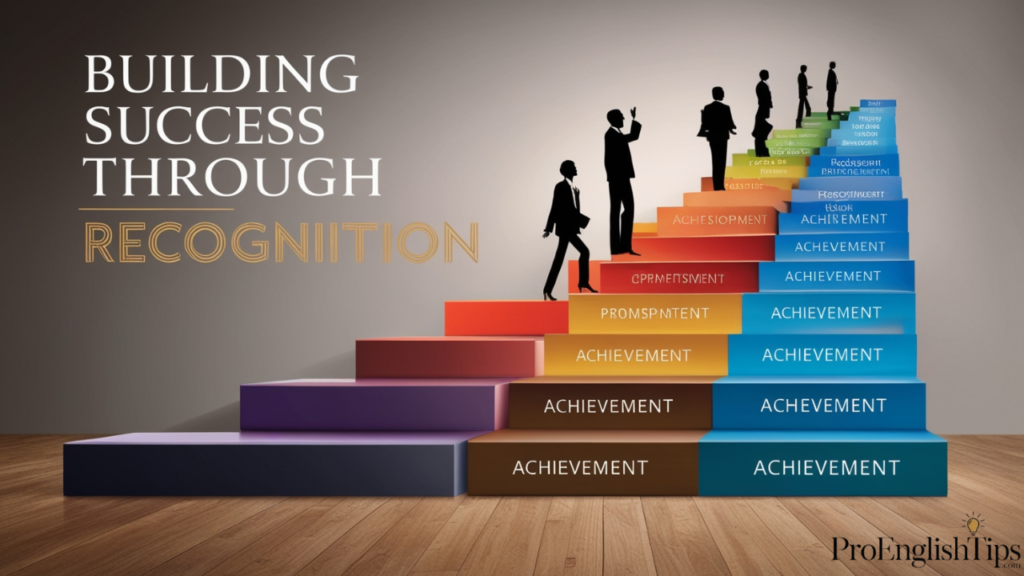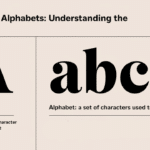In today’s evolving landscape of interpersonal communication, the phrase “good girl” has become increasingly outdated.
Modern professional etiquette and gender sensitivity demand more thoughtful approaches to offering praise and recognition. Let’s explore empowering alternatives that respect individuality while maintaining warmth and encouragement.
Understanding Communication Evolution
The way we express praise has transformed significantly with growing awareness of workplace equality and cultural sensitivity. Modern professional development emphasizes the importance of using gender-inclusive language that empowers and motivates.
| Context | Traditional Phrase | Modern Alternative | Impact Level |
|---|---|---|---|
| Academic Achievement | Good girl | Outstanding work | High |
| Workplace Success | Good girl | Excellent leadership | High |
| Creative Projects | Good girl | Brilliant innovation | Medium |
| Problem Solving | Good girl | Masterful solution | High |
| Team Contribution | Good girl | Valuable input | Medium |
| Personal Growth | Good girl | Impressive progress | High |
| Skill Development | Good girl | Expert execution | Medium |
| Project Completion | Good girl | Professional delivery | High |
| Initiative Shown | Good girl | Exceptional drive | Medium |
| Client Interaction | Good girl | Outstanding service | High |
Professional Growth Through Language

The art of offering praise alternatives lies in understanding the context and choosing words that acknowledge both effort and achievement while maintaining professional etiquette.
Empowering Through Words
When engaging in teaching vocabulary and mentorship language, it’s crucial to use phrases that encourage continued growth and development. Consider these context-specific alternatives:
| Situation | Empowering Phrase | Development Focus |
|---|---|---|
| Research Task | Thorough analysis | Analytical skills |
| Team Leadership | Strategic direction | Leadership skills |
| Innovation | Creative solution | Problem-solving |
| Client Management | Professional handling | Communication |
| Project Planning | Excellent organization | Planning skills |
| Risk Management | Prudent approach | Decision-making |
| Conflict Resolution | Diplomatic handling | Interpersonal skills |
| Technical Work | Expert implementation | Technical expertise |
| Presentation | Compelling delivery | Public speaking |
| Documentation | Precise documentation | Attention to detail |
Nurturing Growth and Achievement

Modern educational relationships require thoughtful approaches to student encouragement that foster confidence and independence.
Alternative 1 Recognizing Effort
Sarah’s teacher Ms. Thompson avoided using “good girl” and instead wrote in her assignment feedback: “I’m proud of you for tackling this challenging problem with such persistence.”
| Praise Element | Purpose | Example Usage |
|---|---|---|
| Effort Recognition | Acknowledge work | Persistent effort |
| Skill Highlight | Note competence | Expert handling |
| Growth Focus | Show progress | Continuous improvement |
| Impact Statement | Show value | Meaningful contribution |
| Future Potential | Encourage growth | Promising direction |
| Innovation Praise | Value creativity | Original thinking |
| Leadership Recognition | Note influence | Strong guidance |
| Technical Acclaim | Honor expertise | Skilled execution |
| Teamwork Appreciation | Value collaboration | Effective coordination |
| Personal Development | Note growth | Notable progress |
Alternative 2 Acknowledging Achievement
In professional praise scenarios, focusing on specific accomplishments proves more meaningful: “You’ve worked hard on this presentation, and your preparation shows in every detail.”
Alternative 3 Celebrating Innovation
When recognizing creative contributions, Project Manager Alex wrote to team member Jordan: “I love your creativity in approaching this challenge. Your solution sets a new standard.”
| Communication Style | Impact Area | Best Practice |
|---|---|---|
| Achievement-focused | Confidence | Specify success |
| Growth-oriented | Development | Note progress |
| Skill-specific | Expertise | Detail mastery |
| Innovation-focused | Creativity | Highlight unique |
| Leadership-based | Influence | Show impact |
| Team-oriented | Collaboration | Value contribution |
| Client-focused | Service | Note excellence |
| Technical | Expertise | Detail precision |
| Strategic | Planning | Show foresight |
| Developmental | Growth | Track progress |
Alternative 4 Recognizing Excellence
For performance acknowledgment, focus on specific achievements: “What an awesome job on leading the client presentation. Your preparation and delivery were exceptional.”
Alternative 5 Encouraging Progress

In educational communication, highlight growth: “You’re doing great with these complex equations. Your analytical skills are truly developing.”
Alternative 6 Valuing Contributions
When offering supportive phrases, emphasize impact: “Your thoughtful approach to this project has significantly improved our team’s efficiency.”
| Recognition Type | Application | Impact Focus |
|---|---|---|
| Skill-Based | Technical work | Expertise |
| Leadership | Team guidance | Influence |
| Innovation | Creative solutions | Originality |
| Service | Client interaction | Excellence |
| Analysis | Problem-solving | Intelligence |
| Collaboration | Team projects | Cooperation |
| Initiative | Self-driven tasks | Motivation |
| Growth | Development | Progress |
| Quality | Deliverables | Standards |
| Strategy | Planning | Foresight |
Alternative 7 Celebrating Success
In workplace communication, recognize achievement while encouraging growth: “You’re rocking it with these client presentations. Your communication skills are outstanding.”
Alternative 8 Appreciating Dedication
For acknowledging effort in professional development: “Your great effort on this research project demonstrates exceptional analytical abilities.”
Alternative 9 Recognizing Support
In team settings, acknowledge contributions meaningfully: “I really appreciate help with coordinating this event. Your organizational skills were invaluable.”
Alternative 10 Highlighting Intelligence
When recognizing intellectual contributions: “Your smart approach to solving this technical challenge shows impressive problem-solving abilities.”
| Feedback Category | Development Area | Application Context |
|---|---|---|
| Technical Skills | Expertise | Project work |
| Leadership | Influence | Team management |
| Innovation | Creativity | Problem-solving |
| Communication | Clarity | Presentations |
| Analysis | Intelligence | Research work |
| Organization | Efficiency | Event planning |
| Initiative | Drive | Self-directed tasks |
| Collaboration | Teamwork | Group projects |
| Service | Excellence | Client interaction |
| Strategy | Planning | Project management |
Fostering Professional Relationships
The key to effective mentoring language lies in balancing encouragement with respect for professional boundaries. Each interaction offers an opportunity to reinforce positive reinforcement while maintaining appropriate social awareness.

Building Tomorrow’s Leaders
Modern leadership communication continues to evolve, emphasizing the importance of developmental praise that nurtures growth while maintaining professionalism. By choosing words thoughtfully, we create environments that promote both personal development and professional growth.
Remember that effective pedagogical language isn’t just about praise – it’s about fostering development and confidence through meaningful recognition. Through careful word choice and genuine acknowledgment, we can create more inclusive and empowering professional spaces.

Emma Carter is an experienced blogger at Pro English Tips. She loves helping people improve their English skills, especially through synonyms and creative language use. With a friendly writing style, Emma makes learning fun and easy for everyone. In her spare time, she enjoys reading and exploring new words, always looking for ways to inspire her readers on their journey to better communication.







